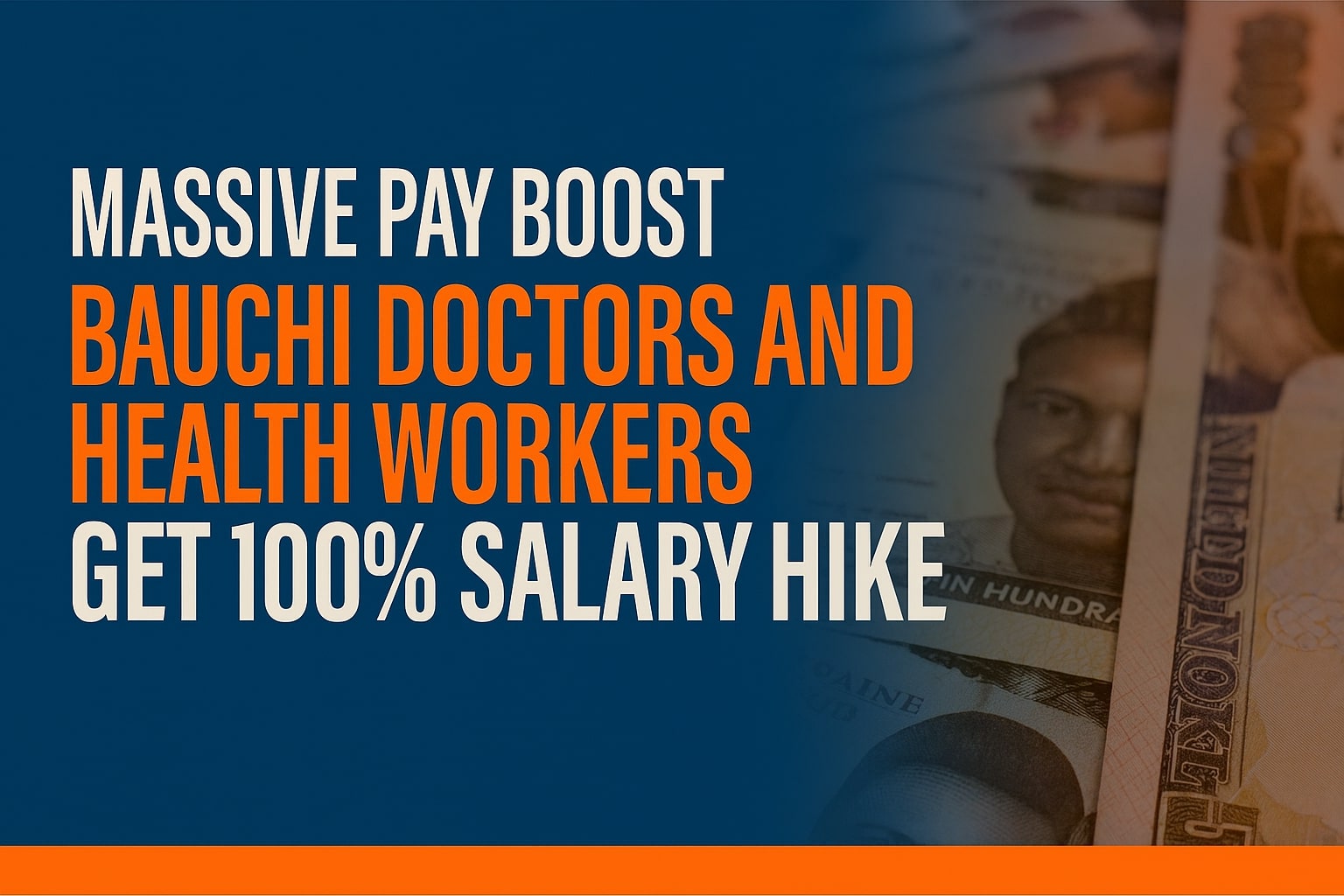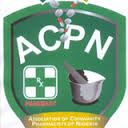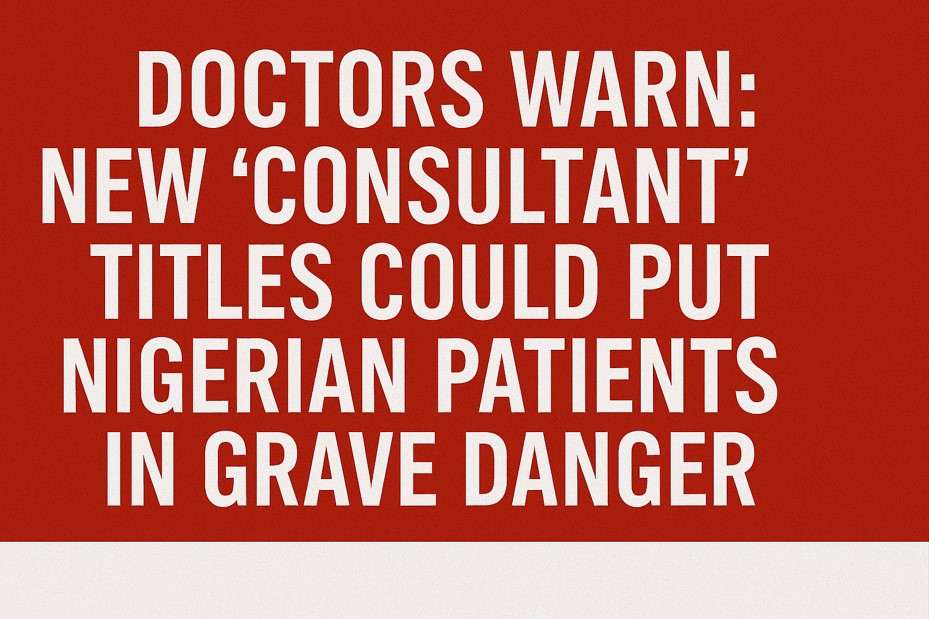…says we won’t close borders
The Federal government yesterday said that it had established screening centres at the nation’s various points of entry to tackle the spread of the deadly killer disease, the Ebola virus.
Consequently, anyone coming into the country would have to undergo screening before being allowed in.
Government also dismissed speculations that it was planning to shut some of the nation’s borders following the outbreak of the disease, currently ravaging some countries in the West African sub-region.
It said that border closure was an extreme option that had its own consequences and considerations.
Minister of Interior, Abba Moro, who announced this at a briefing with journalists in Abuja, said a presidential committee had been set up to ensure that the disease did not spread to Nigeria.
“The isolated incident of the death of Patrick Sawyerr on account of Ebola is not sufficient for this country to close its borders.
“Closure of borders is an extreme situation that has its own wide range consequences and so unless it becomes absolutely necessary, we do not intend to close our borders.
“As long as information coming to us indicates that Nigerian medical workers, Nigerian Immigration Service and all other health officials are striving to contain the situation, no need to close our borders”, the minister said.
He said it was unfortunate that the disease found its way to Nigeria through Sawyerr, but expressed delight that since his demise, no other case had been reported.
“We are praying very fervently that by the expiration of the period of incubation, which has been put at between one and three weeks, no such cases will be heard.
“I want to also say that in line with each proactive attitude to issues of emergencies like this, the Federal Government has put in place a presidential committee to address the issue of Ebola occurrence in Nigeria and I am happy to inform you that the Ministry of Interior is part of the presidential committee, of which I am a member.
“We have been having meetings frequently to update ourselves on decisions that have been taken and one of the decisions is that screening centres be established at our various points of entry, including our land entry points.
“The ports authority health officials have also been drafted to some of our points of entry and the Nigerian Immigration Service has also directed its officers at the borders to ensure proper screening in alliance with the port authority health officials.
“As you are all aware, we are not sufficiently equipped to carry out screening but we are working in agreement with health officials and the port authority.
“The whole attitude is to have a multi-sectoral approach to the issue of Ebola in Nigeria and so the Nigerian Immigration Service is working in collaboration with the Ministry of Health and officials of the World Health Organisation, which we believe hopefully that our efforts should be able to prevent further spread of this disease.”
The minister, however, disclosed that Nigeria as a global player in some circumstances was not contemplating the introduction of certificates to travelers.
“If you must introduce certification, it means that you must know what you are out for; you must know that, yes if you apply this, the person will be free of this, so I think that the issue of certification will only come when everything about Ebola has been examined, vaccines identified for its eradication, cures identified for it, only on such circumstances, even if I’m not a health expert, I can now say that let’s introduce certification,” he said.
In a related development, the leadership of the Nigerian Medical Association, NMA, is currently holding a marathon meeting over possible suspension of the 35-day-old strike embarked upon by doctors working in public hospitals in the country.
The doctors suspended services indefinitely over unmet demands from government on July 1.
Previous meetings of the delegates (comprising leaders of the group in the 36 states, including the FCT) to end the strike had failed; as the majority of the delegates voted for continuation of the strike.
Current meeting of the delegates began at the weekend in Abuja; and it might take one day or more to end. It is expected to result in suspension of the industrial action or outright call off.
Journalists waited for hours yesterday at the NMA national headquarters, venue of the meeting, until around 5pm when one of the delegates said it would take 48 hours or more to get the outcome.
He said that delegates had not reached a consensus.
Feelers from the association, however, showed that anticipated suspension of the strike might not be unconnected with the Ebola disease that had generated anxiety worldwide.
In Guinea, Liberia and Sierra-Leone where the disease has claimed hundreds of lives, medical personnel are busy saving lives and helping in putting precautionary measures in place to contain the scourge.
Experts believe the presence of the doctors in hospitals is crucial, if emergency occurs.
It is hoped that the doctors will resume work until next Monday if the strike is suspended or called off this week.
It was, however, learnt that the meeting was split on whether to suspend the strike or not.
A source told National Mirror: “We are currently divided on whether to suspend the strike or not. It has really been heated arguments. Some members led by our President, Dr. Kayode Obembe, are pushing for the suspension of the strike, others are saying they will not suspend it until the Federal Government listens to us.
“If we suspend the action now, the present government and even subsequent governments won’t take us serious any time we declare nationwide strike again. That is the major issue and not any insinuation that somebody has been settled.”
NMA is making 24-point demand from government; and “about three” of them were met about a week ago, according President of the Ondo State chapter, Dokun Noel, who spoke with our correspondent.
Both the NMA negotiating team and government’s representatives have met several times with the meetings ending in impasse.
Thousands of deaths have been recorded across the country since the strike began. Maternal and child deaths have been common while the strike lingers, worsening Nigeria’s maternal and child deaths poor ratings by the World Health Organisation.
Meanwhile, a combined Federal and Lagos State health delegation yesterday visited the General Overseer of The Synagogue Church of All Nations, Prophet Temitope Joshua, to explore ways to ensure members of the congregation do not include residents or people from the affected countries.
Led by the Lagos State Commissioner for Health, Dr. Jide Idris, the delegation offered to work with the health team of the church in the areas of technical assistance, medical advice and training to ensure that no victim of the deadly disease comes to the church from any of the affected countries undetected.
Idris said the delegation decided to visit to the church because of the recognition that the church is an international Christian centre whose congregation comprise of people from all over the world, including the countries of the West African sub-region which have already been affected by the Ebola disease.
He said the visit was one the government’s strategies of sensitising faith-based organisations to the need to cooperate with the government to prevent the spread of the disease in the country. Director, Centre for Disease Control, Prof. Abdulsalami Nasidi, said the visit was also to inform the Synagogue leader of the deadliness of the Ebola virus and to ensure that it did not escape into the country, adding that it had become a big problem in the sub-region that it was already affecting the economies of the countries involved.
Nasidi, who is also an epidemiologist and virologist, described the visit as “positive engagement mission.”
He noted that so far there was only one imported case of Ebola virus in the country.
Prophet Joshua promised to work with the government to ensure that the disease did not spread into the country, saying he would put measures in place to ensure that people from the already affected countries did not enter Nigeria.
One of such measures, he said, was to visit any of the countries when necessary rather than allow their residents to come into Nigeria.
Meanwhile, an emergency operative centre has been activated in Lagos by the state Ministry of Health in collaboration with the National Centre for Disease Control of the Federal Ministry of Health, WHO, CDC and UNICEF.
ABUJA: Training Schedule for Basic Life Support BLS, Pediatric Advanced Life Support (PALS), Advanced Cardiovascular Life Support ACLS, First Aid, CPR, AED
PORTHARCOURT: Training Schedule for Basic Life Support BLS, Pediatric Advanced Life Support (PALS), Advanced Cardiovascular Life Support ACLS, First Aid, CPR, AED
LAGOS: Training Schedule for Basic Life Support BLS, Pediatric Advanced Life Support (PALS), Advanced Cardiovascular Life Support ACLS, First Aid, CPR, AED



